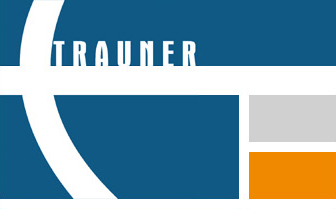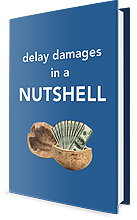Construction Delay Analysis – Principle No. 4 of 5
Delay Analysis Principle No. 4:
The critical path can and does shift.
No matter how large or small your project is, no project is built “exactly” as it was planned. You’ve heard the cliché: the best-laid plans of mice and men…. No matter how carefully a project is planned, it is impossible to predict every problem or obstacle that might be encountered. To address these challenges, we need a project scheduling tool that we can adjust to the ever-evolving project conditions.
Similarly, even if a contractor was able to prepare the best possible construction plan and schedule, the plan will change or need to evolve in response to things like weather, design changes, and subcontractor performance issues over the duration of the project. The only constant in life and construction is change. In fact, construction contracts are specifically written to deal with unanticipated changes as they arise.
If we accept that the contractor’s construction plan will change over the course of the project, then the natural extension of this concept is to accept the fact that the critical path is dynamic in nature and may change, or shift, during the project in response to the project’s changing conditions.
Shifts to the critical path depend on how the project is planned; how the project work progresses or does not progress; and the changes that are made to the schedule logic and activity durations.
When managing a project, it is essential to identify when the critical path changes, or shifts, to make certain that you are expending the project’s scarce resources in the most efficient and cost-effective manner. Similarly, because critical path shifts occur while the project is progressing and when changes are made to the schedule, delay analysts should identify and account for shifts in the critical path to ensure that they are properly quantifying and identifying the cause of project delay.
For more on this or any other topic, please call me at 215-814-6400 or email me at mark.nagata@traunerconsulting.com.

